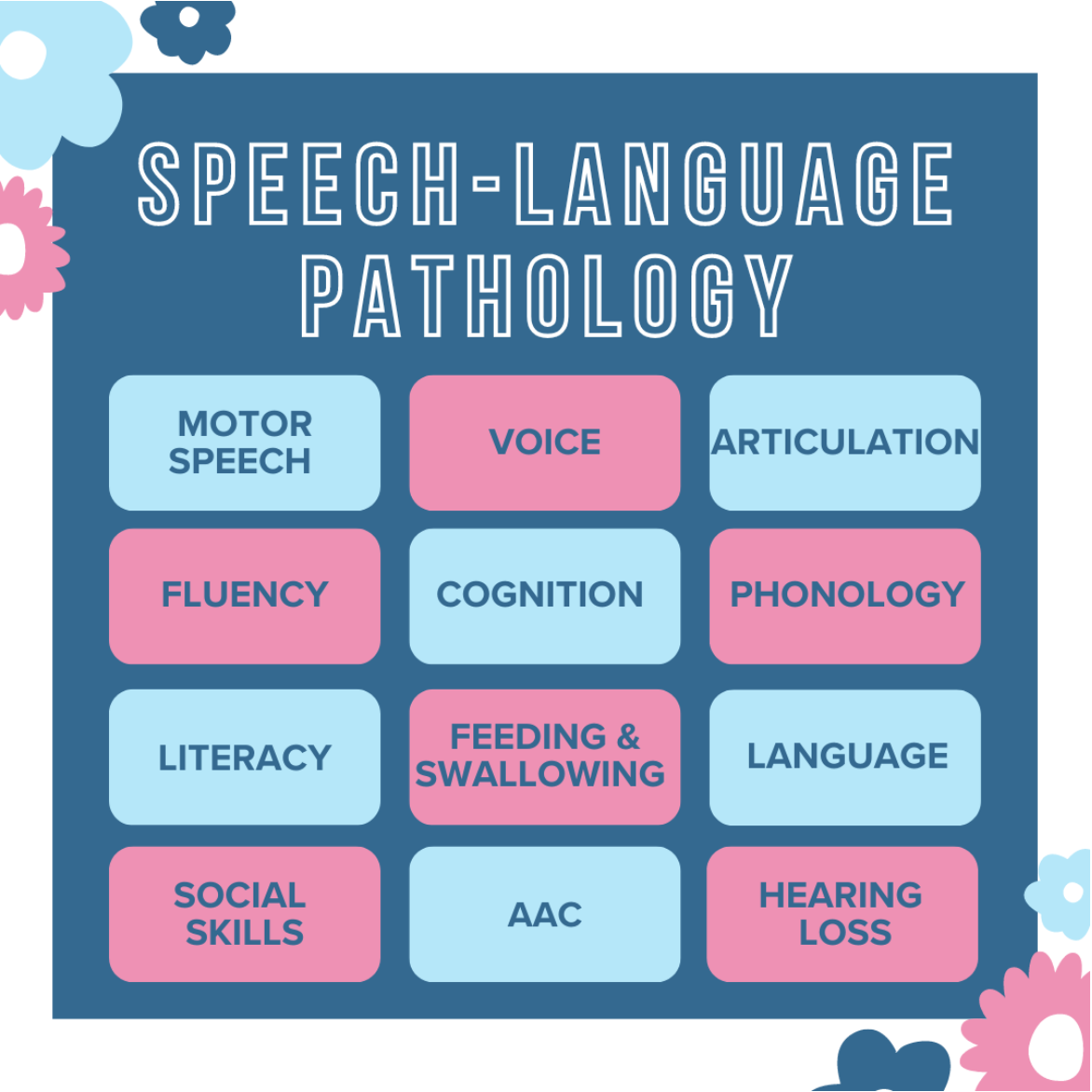
As a parent, it can be frustrating to guess what your child wants or needs, especially when you have a never-ending to-do list on top of it all. And what is every parent’s thought during this stressful whirlwind of tantrums and tirades?
“JUST TELL ME WHAT YOU WANT!”
We just want to provide for our children, but it can be frustrating when we don’t understand them in their moment of distress. Children, much like adults, can have various methods of communicating wants and needs depending on the environment and situation.
For example,
let’s say your two year
old wants some chips.

The child in the example above has some understanding of what “chips” are (food), their function (meant to be eaten), and the child’s own motivation (they are hungry or want some for the purpose of eating or exploring).
Now, let’s say that your child wants those same chips, but you have difficulty fostering an efficient dialogue between you and your child.
This breakdown could occur because…
-
Your child is having difficulty with speech sounds or has an increased rate of speech where their words flow too close together.
For example, you do not understand what your child is saying when they are trying to ask for chips and both you and your child become more frustrated as the interaction continues. -
Your child does not currently have the language/vocabulary needed to express their desire
For example, your child wants chips, but does not have the word to label them and just keeps saying general words, such as “this” or “some.” -
Your child is having difficulty understanding/following directions
For example, you ask your child to go get the chips from the cabinet, but they come back with a different item. This continues to occur after multiple attempts and you know they are paying attention as you give them the direction. -
Your child is having difficulty organizing their thoughts in order to expand on the idea/topic.
For example, your child demonstrates difficulty with organizing their words and/or thoughts when verbally describing, or writing a story recounting a past experience about going to the grocery store to purchase chips, or eating chips at their favorite restaurant.
If any of these scenarios sound like your child, an SLP can help!
Although many children may communicate with words such as the child in this example, many children communicate in other ways. As speech-language pathologists, our wide scope of practice is geared towards helping individuals find the method of communication that works the best for them. For those of you who are not familiar with what SLPs actually do, the diversity of our caseloads is as unique as the clients we serve.

Early identification and intervention are key, so if you have any questions/concerns about your child’s speech and language development, a speech-language pathologist is your best resource for information.
As we celebrate “Better Speech and Hearing Month,” let us remember that speech and hearing are just two elements within the continuum of communication!
Everyone deserves a voice, let us help your child find theirs!
Contact us for a free phone consultation:
Northern Virginia:
info@owlstherapy.com
(703) 470-6957
Philadelphia’s Main Line:
philadelphia@owlstherapy.com
(610) 579-0914
